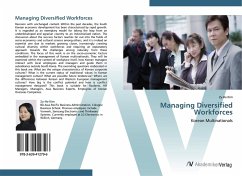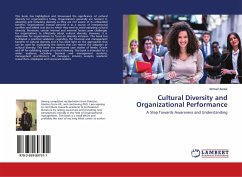Revision with unchanged content. Within the past decades, the South Korean economic development has been characterised by rapid growth. It is regarded as an exemplary model for taking the leap from an underdeveloped and agrarian country to an industrialised nation. The discussion about the success factors reaches far out into the fields of socio-economics and cultural science among others, and it is indeed an essential one due to markets growing closer, increasingly creating cultural diversity within workforces and requiring an explanatory approach towards the challenges arising naturally from these conditions. The focus of this work is on the socio-economic factors embedded in the management of Korean multinationals. They will be examined within the con text of workplace itself, how Korean managers interact with local employees and managers and guide them in subsidiaries outside South Korea. The over riding questions elaborated in this book are: What are the unique characteristics of Korean corporate cultures? What is the current status of tra di tional values in Korean management culture? What are possible future ten dencies? Where are the differences between Korean and Western European ma nagement cultures? How big is the conflict potential and how is conflict management designed? This book is suitable for Students, HR Managers, Managers, Asia Business Ex perts, Employees of Korean Overseas Companies.
Hinweis: Dieser Artikel kann nur an eine deutsche Lieferadresse ausgeliefert werden.
Hinweis: Dieser Artikel kann nur an eine deutsche Lieferadresse ausgeliefert werden.








